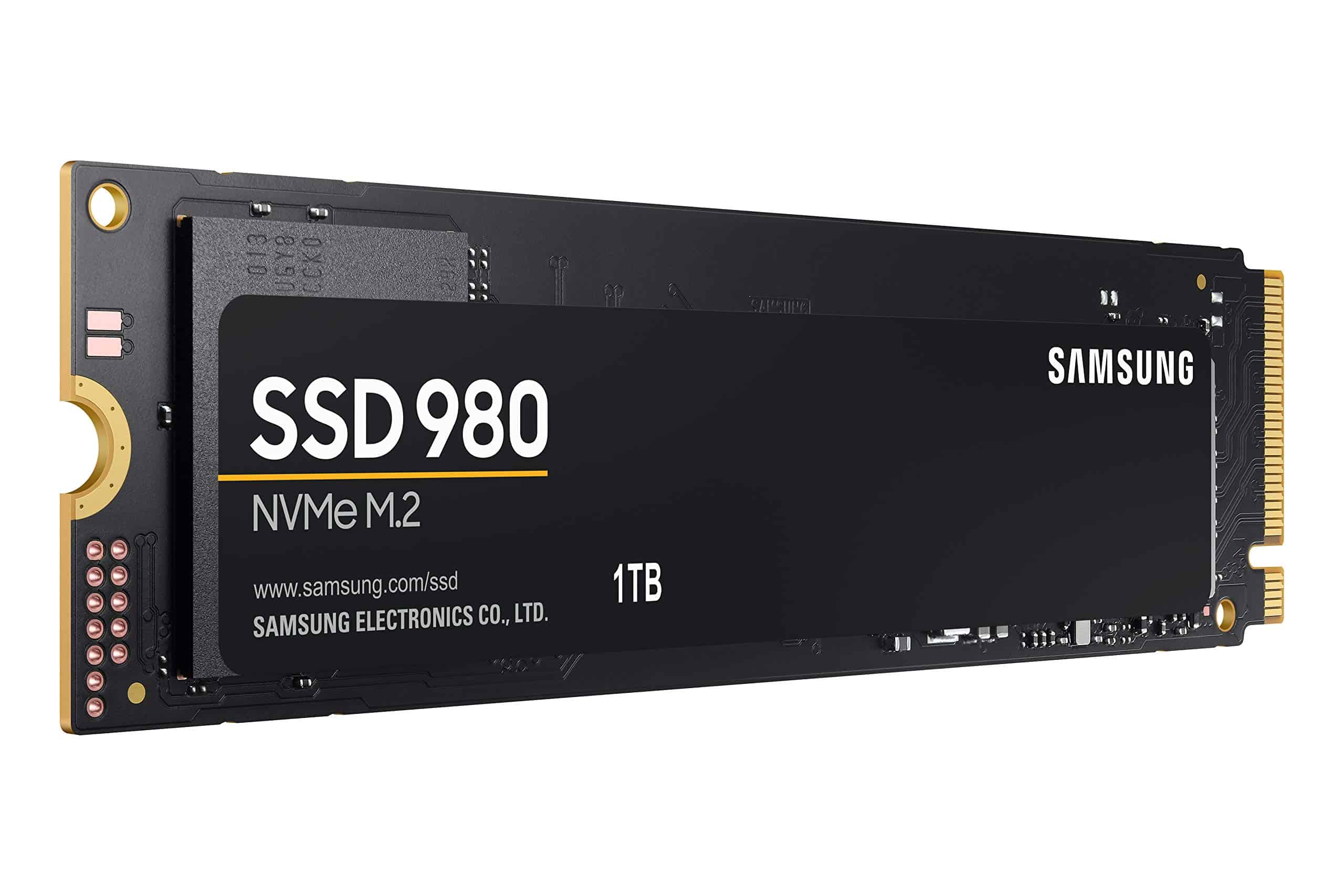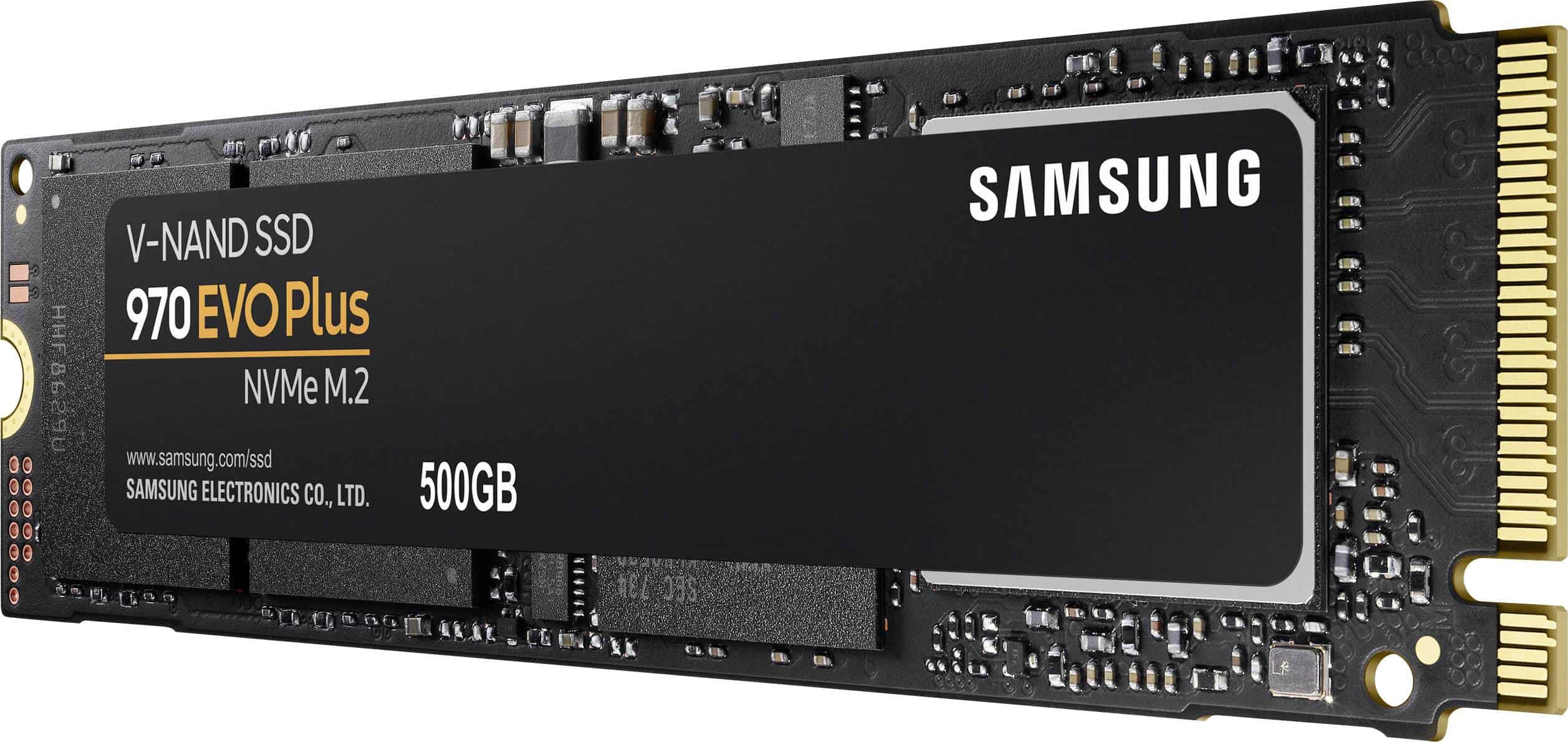Solid-state drives, or SSDs, are storage devices that do not use moving parts to store and retrieve data. Unlike traditional hard drives with spinning disks and read/write heads, SSDs use flash memory chips to store data electronically.
The main advantage of SSDs over traditional hard drives is their speed. Since no moving parts are involved in accessing or storing data on an SSD, it can quickly access and write information compared to a traditional hard drive. This makes SSDs ideal for applications where quick access to data is essential, such as video editing or gaming.
Another critical benefit of SSDs is their resilience. Because no moving parts exist, an SSD is less prone to damage from physical shocks than a regular hard drive. This makes them well-suited for mobile devices like laptops and tablets, where they may be subject to bumps or drops while carried around.
Despite these advantages, there are also some downsides to using an SSD. One common complaint about these devices is their cost relative to traditional hard drives – they tend to be more expensive per gigabyte of storage space when compared side by side. Additionally, due to their reliance on electronic components that wear out over time, many modern SSDs have a limited lifetime before the performance starts to degrade – typically between 3 and 5 years, depending on usage patterns.
Overall, an SSD is worth considering if you’re looking for fast and reliable storage for your computer or another mobile device. Whether you need it for casual use at home or heavy-duty work in the field, it can provide the speed and reliability you need for all your computing needs.
Samsung 980
The Samsung 980 SSD is a powerful and fast solid-state drive that has quickly become one of the most popular options for upgrading computers. With read speeds up to 3200MB/s and write speeds up to 1700MB/s, this SSD allows users to access and transfer files quickly.

In addition to its impressive speed capabilities, the Samsung 980 SSD offers plenty of storage space, with up to a whopping 2TB available on some models. This makes it ideal for anyone who needs a lot of room for photos, videos, or other large files. Because the Samsung 980 SSD uses high-quality NAND flash memory chips, it is also highly reliable and durable, able to withstand normal wear and tear without any problems.
Overall, if you’re looking for an excellent solid-state drive that delivers blazing-fast performance, the Samsung 980 SSD is worth considering. Whether you’re upgrading your desktop or laptop computer, this SSD is sure to impress.
Samsung 970 EVO Plus
The Samsung 970 EVO Plus SSD is one of the latest offerings from Samsung, a leading provider of high-end storage solutions for personal and professional use. This particular SSD is built to offer top performance, reliability, and speed, making it an ideal choice for anyone looking for fast, high-quality storage for their PC or laptop.

The 970 EVO Plus features Samsung’s innovative Intelligent TurboWrite technology, which improves read/write speeds by optimizing cache memory usage. It also features Dynamic Thermal Guard technology to keep data safe and secure even in the most extreme use cases. With its compact design, the 970 EVO Plus is perfect for those looking for a fast, efficient storage solution that doesn’t take up too much space on their system.
Overall, if you’re looking for a top-of-the-line SSD that can easily handle even the most demanding tasks, the Samsung 970 EVO Plus is worth considering. Whether you’re a power user looking to maximize your system’s performance or want extra storage space for your photos and videos, this SSD has everything you need to complete the job.
Samsung 980 vs. 970 EVO Plus
- The Samsung 980 and 970 EVO Plus SSDs both use Samsung’s V-NAND 3-bit MLC NAND.
- The 980 has a higher number of layers than the 970 Evo Plus.
- The 980 is significantly faster than the 970 EVO Plus in random and sequential 1MiB blocksize workloads.
- To further compare these two SSDs, we might consider price, capacity, and durability ratings, among other factors.
The Samsung 980 and 970 EVO Plus are high-performance solid-state drives offering fast read and write speeds for data-intensive workloads. The 980 is faster, with significantly higher random and sequential read and write speeds in 1MiB block sizes. This makes it ideal for heavy data processing tasks like streaming large files or working with complex applications. However, the 970 EVO Plus may be a better choice for less intensive workloads or users on a budget, as it offers similar performance at a slightly lower price point.
Ultimately, which SSD you choose will depend on your specific needs and budget, but you can expect fast and reliable performance from these premium Samsung drives.
There are critical differences between the Samsung 980 and 970 EVO Plus SSDs. The 980 uses higher-quality NAND with more layers, resulting in better performance and excellent durability. In contrast, the 970 EVO Plus uses 3-bit MLC NAND with fewer layers, which results in slower speeds and less endurance. Additionally, the 980 is significantly faster than the 970 EVO Plus in random and sequential block sizes, making it a better choice for high-intensity workloads like heavy data processing or gaming. Ultimately, while both SSDs offer fast read/write speeds and plenty of storage space, the 980 is superior due to its higher performance, durability, and longer lifespan.
Conclusion
The Samsung 980 and 970 EVO Plus SSDs are two of today’s most popular solid-state drives. Both offer fast read and write speeds, impressive storage capacities, and many other features that make them ideal for various applications.
It can be difficult to definitively say which SSD is better at this point, as each has unique advantages and drawbacks. However, the Samsung 980 generally seems slightly better than the 970 EVO Plus in terms of performance and durability. If you are looking for a high-quality SSD that can easily handle demanding tasks, then either one of these models may be a good choice.


